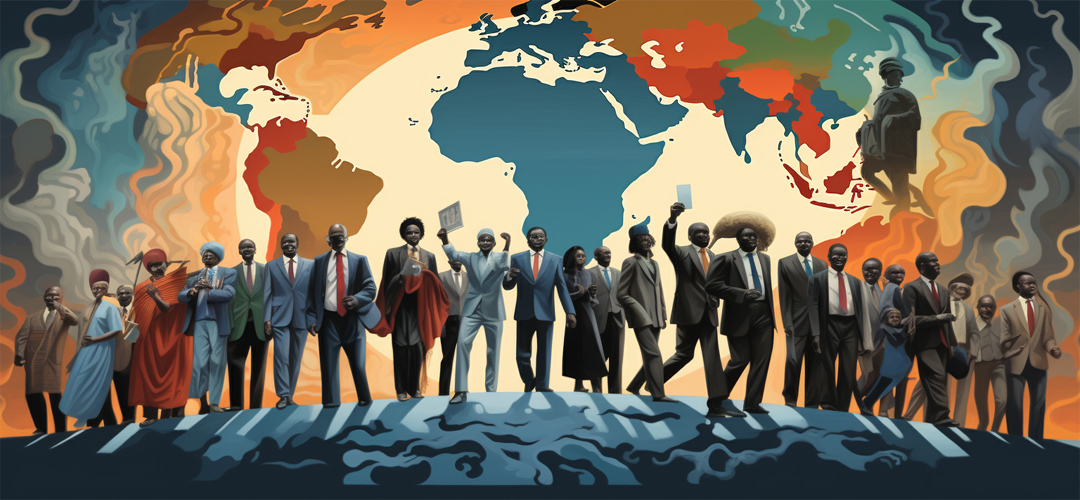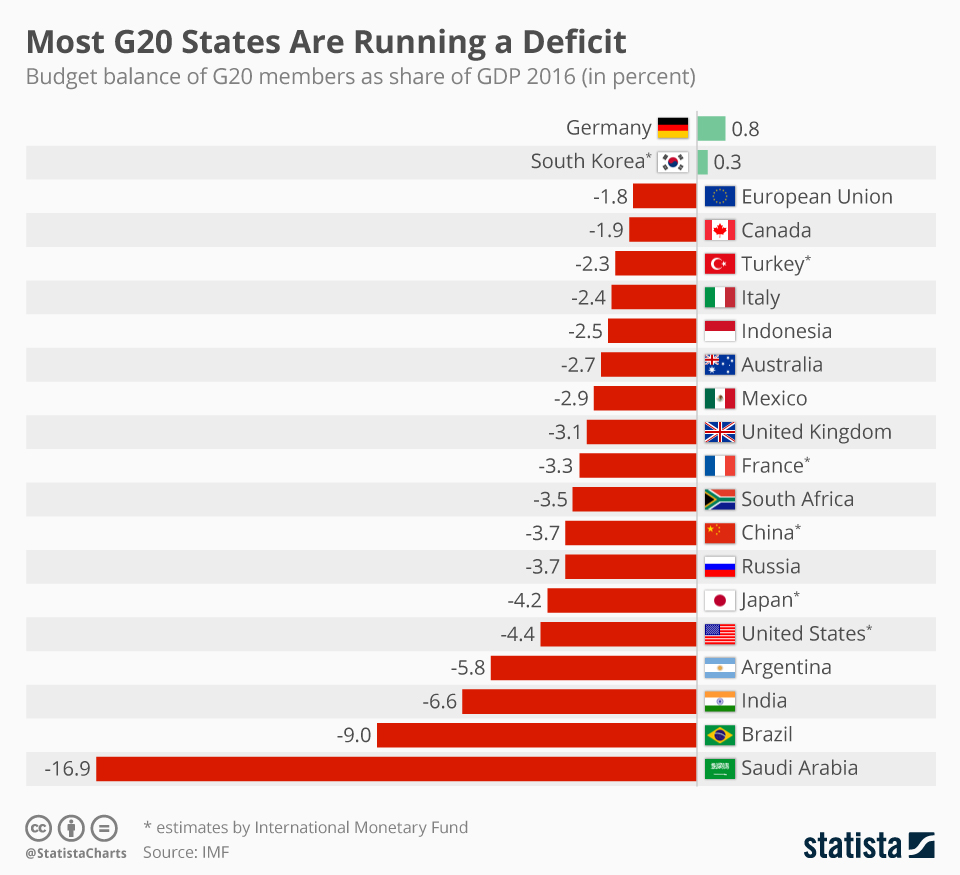G 20 Membership- an African Perspective
July 8, 2023 | Expert Insights

The G20 members easily control the majority share of the world economy, and as a forum, it has aimed at global economic and financial cooperation between developed and emerging economies. African nations have long sought the African Union (AU) to join the G20. In recent times, several world powers have called for the AU to become a G20 member, including the U.S., China, India, Germany, France, and the EU.
India, the G20 host for this year's summit, has again raised the issue of granting full, permanent membership at its upcoming summit in Delhi.
Background
The G20 comprises 19 countries as well as the European Union (EU). Its main function is to deal with global economic issues such as international financial stability and sustainable development and other global concerns like climate change mitigation. G20 members account for over 80 per cent of the world’s GDP and 60 per cent of its population. It is a platform where significant international conversations happen. It can be considered as an economic parallel to the Security Council of the United Nations.
The African Union (AU) is a regional intergovernmental organization established in 2002 to promote unity and solidarity amongst African nations and facilitate international cooperation and economic development. The AU represents Africa's common economic and political interests, similar to the EU, which represents the interests of Europe in the G20. It plays an increasingly important role in Africa’s economic governance. The African Continental Free Trade Area brought Africa’s 55 economies into a common market in January 2021. The AU now stands for the 8th largest economic bloc in the world.
The AU first attended the G20 Summit in 2010. Since then, the Union and its economic development programme - the New Partnership for Africa's Development (NEPAD) - have been regularly invited to G20 summits. Seven years since then, the G20 Compact with Africa (CWA) was initiated to increase the G20's engagement with individual African countries. This was done based on the recognition that South Africa alone cannot represent the entire African content.
Being the sole G20 member, South Africa carries a heavy responsibility of representing the AU’s interests. However, South Africa has its economic concerns and interests based on its national context, which may not always resonate with economic realities in other African countries.
Analysis
Several world powers support the AU becoming a full member of the G20 for geopolitical reasons. The U.S. is interested in countering China’s increasing influence in Africa. India is keen to bring the AU into the G20 during its presidency to demonstrate its role as an advocate of the Global South. Through its G20 presidency, India has emphasized the importance of centring development in the agenda. China is also intent on demonstrating its role as a proponent of the Global South, particularly for Africa. With Western countries opposing Russia since the Ukraine war, Russia has bolstered its efforts to gain the support of African countries.
Given its increasingly important role in Africa, the AU’s addition to the G20 would be significant for African nations. The AU could represent collective African concerns and help promote structural economic solutions that benefit the continent. These could include matters important to the continent, such as the reallocation of Special Drawing Rights – an international monetary reserve currency created by the IMF to supplement countries' existing monetary reserves.
The AU is also playing a more active role in the global arena, as witnessed in its diplomatic efforts in the Ukraine conflict. It was the AU that first proposed the release of grain from Russian and Ukrainian ports after sanctions.
Further, the G20 stands to benefit from Africa being a part of it since Africa has key resources that supply the world economy. These include energy resources and vital raw materials used to manufacture a variety of technological goods. Additionally, the G20 can benefit from African inputs on its key agenda items like digital payments: Kenya was the first to initiate digital domestic payments with its highly successful M-Pesa scheme.
Assessment
- Supporting the AU’s membership of the G20 offers geopolitical and diplomatic advantages for many world powers. It is also easier for the G20 to integrate the AU as a member rather than choosing a few individual African countries.
- Joining the G20 will give the AU a seat at the table where leading global economic and financial deliberations take place. The G20 will benefit from the AU being a part of it since its resources and raw materials play a major role in the global economy. Additionally, Africa's experience can contribute to discussions on key G20 agenda items.
- Including the AU allows the G20 to be more effective and influential as a global platform for collaborative economic governance. Africa’s absence limits the G20’s ability to have complete deliberations on key world economic issues, especially those that impact Africa's poorest nations. Hopefully, AU will be the voice of the people of Africa who remain invisible









Comments